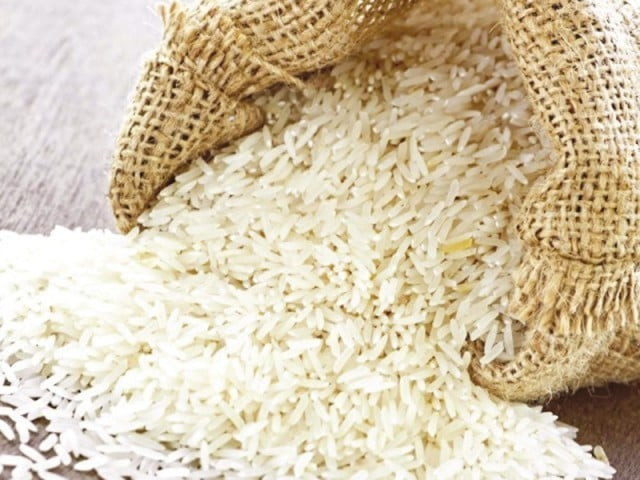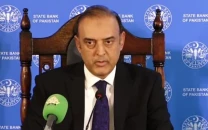Pakistan receives GI tag for Basmati
Saves $1b in revenue from export of Basmati rice to European Union

The Rice Exporters Association of Pakistan (REAP) has announced that Pakistan received the geographical indication (GI) tag for its Basmati rice on January 26, 2021.
Consequently, Pakistan has managed to save approximately $1 billion in export revenue, which the country gets through export of Basmati rice to the European Union.
Taking to his official Twitter handle, Adviser to Prime Minister on Commerce and Investment Abdul Razak Dawood confirmed the development.
In his tweet, Dawood said, “He is glad to inform that Pakistan has registered Basmati rice as GI under the GI Act 2020. Under this Act, a GI registry has been formed, which will register the GI and maintain basic record of properties and authorised users.”
The adviser added, “This will provide protection to our products against misuse or imitation, hence, will guarantee that their share in the international market is protected.”
The International Property Organisation (IPO) Pakistan had filed its opposition under Article 51 of Regulation (EU) No 1151/2012 through a Brussels-based international law firm.
India had applied for GI tag under Article 50(2)(a) of Regulation (EU) No 1151/2012 of the European parliament and council on quality schemes for agricultural products and foodstuffs, mentioned in the EU official journal dated September 11.
According to Pakistan’s rice exporters, India currently has a larger Basmati rice share of around 65% in the EU whereas Pakistan has a 35% share in the European market. Pakistan’s total rice exports in 2020 stood at $2.2 billion. GI Committee Convener Sameeullah Naeem, while talking to The Express Tribune, said that the fresh development would open new avenues for Pakistan’s Basmati rice in other markets as well. “This is the first Pakistani product which has been registered under the GI tag and we can now claim and market our products in global markets,” Naeem said.
“We are now hopeful that we can increase the reach of local Basmati in export markets and believe that the government will create more opportunities to enhance our export revenue from rice,” he added.
On the other hand, REAP claimed that they had made a major contribution to preparing the book of specifications for Basmati. “This book of specifications lays down the criteria of characteristics for Basmati rice, which should be followed by producers or operators in Pakistan if they desire to obtain a licence to use this name,” the association said.
The registration of Basmati as GI in Pakistan required cooperation between the public and private sectors.
The Trade Development Authority of Pakistan (TDAP) was designated as a registrant of Basmati rice by the federal government. TDAP made an application for registering Basmati to the IPO, which sought assistance of the Rice Research Institute Kala Shah Kaku and REAP. IPO mapped the regions where Basmati was grown by taking recommendations from all provinces. The process followed by IPO had been inclusive and brought all the stakeholders on board.
Through inter-provincial and public-private cooperation, Pakistan obtained GI tag for its Basmati, which would strengthen the case against India in the EU. Since Basmati fetches higher prices than non-basmati rice in the international market, India has attempted to block Pakistan’s trade with the EU by declaring that its Basmati is geographically the original one.
Pakistan has challenged this claim by registering its GI for Basmati. Furthermore, it will claim the same protection for its Basmati in the EU as India did.
Published in The Express Tribune, January 28th, 2021.
Like Business on Facebook, follow @TribuneBiz on Twitter to stay informed and join in the conversation.



















COMMENTS
Comments are moderated and generally will be posted if they are on-topic and not abusive.
For more information, please see our Comments FAQ